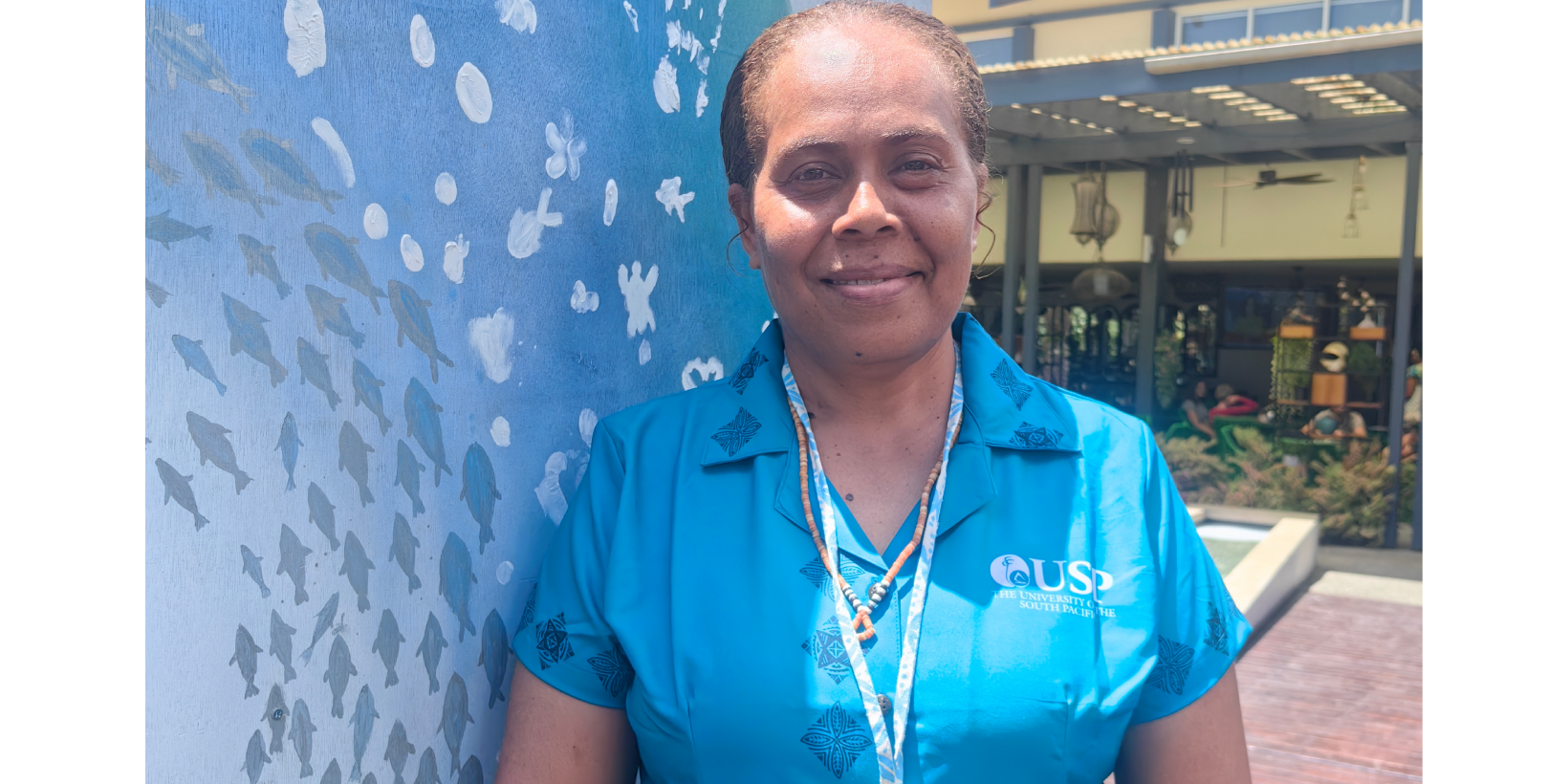A doctorate student at the University of the South Pacific (USP) in Suva, Fiji, is urging greater involvement of women in ocean governance and program implementation.
Alice Clara Rore of North Malaita made the call during her presentation on the topic “Tē Mangoedo: The connection between a woman and the ocean” at the 2nd Pacific Islands Ocean Conference in Honiara on Tuesday.
Tē Mangoedo (Balelea, North Malaita) means ‘one heartbeat’, the life source connection and relationship between women and the ocean grounded in Indigenous knowledge.
A healthy person has a healthy heartbeat, likewise, a healthy ocean means a healthy heartbeat, therefore, the ocean’s continued production of resources to sustain our people.
This Indigenous lens provides an insight to this innate relationship between our women and the ocean, hence, the call to embrace women and their unique knowledge, skills and lived experiences and elevate their participation in the discourse on ocean governance.
Her presentation is drawn from her ongoing PhD research, which examines the role of women in integrating traditional knowledge into food management in the Solomon Islands.
Mrs Rore conducted tok stori with 80 women in three sites in the Western Province — Babanga, Poporo, and Fishing Village.
She said women expressed a deep connection with the ocean and overwhelmingly described the sea as central to their lives, calling it our life, blessing, pharmacy, supermarket, economy, spiritual anchor, path, home, and identity.
“So, when we talk about governance and stewardship, we must acknowledge women as the daily and equal users of the ocean,” she explained. “We must give them the opportunity to share their stories and wisdom.”
Her research also found women observing and witnessing worrying changes in the marine environment including shifting fish breeding sites, declining seafood stocks, and reduced seafood harvest due to unsustainable fishing and harvesting practices.
It was highlighted that this situation occurs because the ocean heartbeat has changed, the balance has shifted impacting the marine ecosystems.
She stressed that integration of all knowledge systems must happen, ‘science, technology, and traditional knowledge – we are able to offer the best of us to protect our people, our ocean and help restore the ecosystems we are losing’, therefore, women’s inclusion and voices are paramount in dialogues and regional platforms on ocean management.
Quoting the late Professor Epeli Hau‘ofa, Mrs Rore highlighted the idea that “Oceania is us. We are the sea, we are the ocean.”
She also cited late Dr Teresia Teaiwa’s reminder that “we sweat and cry salt water, so the ocean is really in our blood.”
“These wise quotes resonated with our rural coastal women’s beliefs and values in my research,” she said.
This highlights the cross-cultural significance of women’s deep ties with the ocean. A bond to appreciate and seriously consider for meaningful engagements in effective sustainable ocean stewardship. The reminder is, “Inclusion is the Solution!’
Mrs Rore is in her second year of PhD studies under the Norway Pacific Ocean Climate Scholarship Program (NPOC), based at USP’s Laucala campus in Suva.
By EDDIE OSIFELO
Solomon Star, Honiara









